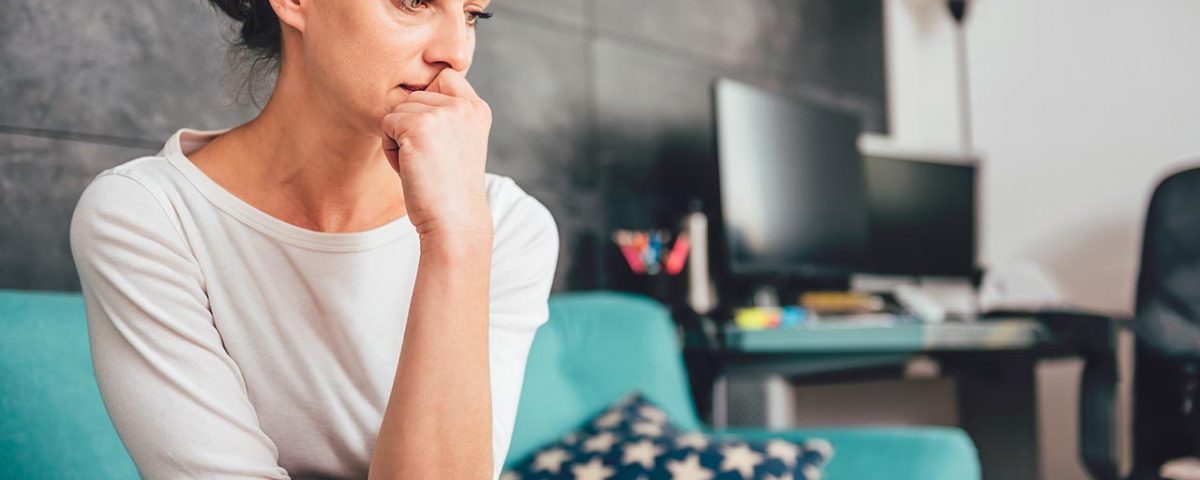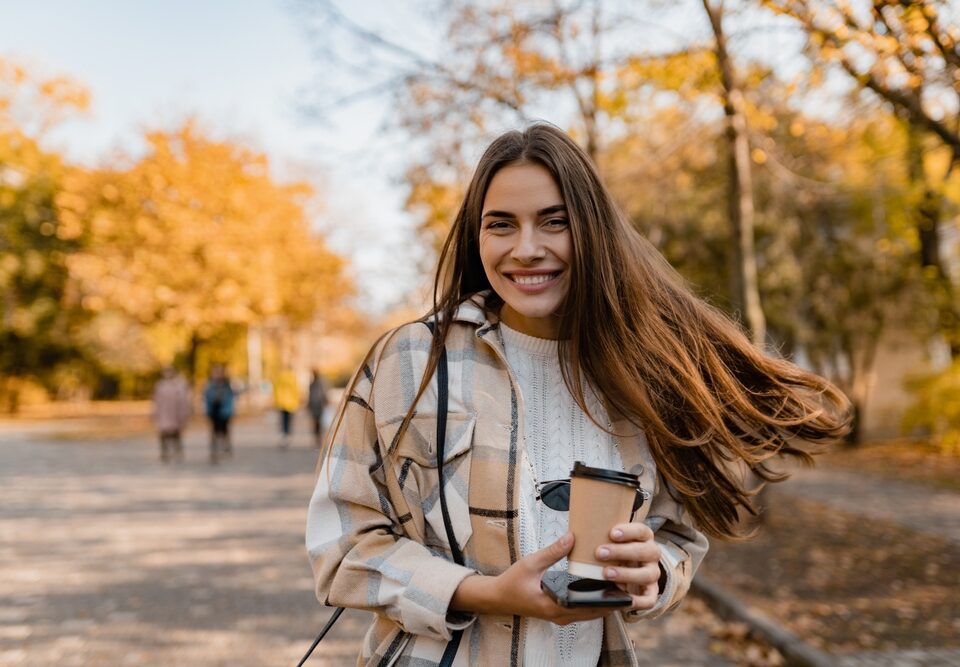


Emotions and Addiction Recovery: What to Expect on the Emotional Roller Coaster
January 6, 2021

Coping with Body Dysmorphia
January 27, 2021Mental Illness After Surviving the Coronavirus


Mental Illness After Surviving the Coronavirus
The coronavirus has been the source of pain for many.
The world is patiently waiting for a solution to be carried out concerning the pandemic, but until then, cases will continue to fluctuate. While there are many who have lost the battle against COVID-19, others have survived. But the recovery journey doesn’t end there. Cases of mental illness after surviving the coronavirus have been surfacing, so our center for mental health treatment wanted to share why.Mental Health After COVID-19
As the number of COVID-19 survivors steadily increases, research has been continuously conducted on its long-term effects. As of recently, studies have shown that people who survived the coronavirus were more prone to developing mental disorders like anxiety and depression. The virus’s physical effects are well-known, but the impact it can have on mental health is still being measured.There have been several studies on COVID-19, but the most prominent has been one that involved approximately 69.8 million patients. With the use of a federal network called TriNetX Analytics Network, researchers compiled data from health records and discovered that patients who had no prior history of psychiatric disorders were at a high risk of being diagnosed with a mental disorder. To be more exact, the study reported that 20 percent of COVID-19 survivors were diagnosed with a psychiatric disorder within 90 days.1 Aside from this study, however, medical professionals are associating these findings with trauma rather than treating them as direct causation of psychiatric illness.
At Banyan Mental Health, we know the impact that a physical ailment can have on mental health, especially one as severe as the coronavirus. Especially during such a difficult period of time, we know that the need for depression and anxiety treatment is at an all-time high. Whether your mental illness is linked to COVID-19 or not, mental health treatment can help you live a healthy and happy life.
COVID-19 Survivors Share Their Mental Health Struggles
In addition to the scientific findings, several people have shared their experiences with mental illness after surviving the coronavirus.Jeff Perlman spent 39 days in a hospital in Boynton Beach after contracting COVID-19.2 After his release in August, he began to struggle with anxiety, mood swings, inability to concentrate, survivor’s guilt, physical ailments, and memory loss. He contributes much of his mental health struggles to the isolation he experienced throughout the duration of his stay at the hospital.
Another Florida resident, Sarima Garcia, still experiences body aches, brain fog, and has no sense of taste or smell even after quarantining in her home for a month. She’s also noticed the virus’s effects on her mind. She’s often unable to put together a sentence and often struggles with symptoms related to depression and suicide.2
Contributing Factors of Mental Illness After Surviving the Coronavirus
While symptoms of COVID-19 are difficult to manage for many, there are other factors that can affect mental health.Media
Media coverage on coronavirus fatality rates may be a large contributor to the anxiety many feel about becoming infected. While many individuals have survived, the media focuses the most on death rates. This is an important measure to track, but it’s also safe to say that COVID-19 patients are very aware of the fact that death is a possible outcome. Not having to confront the possibility of losing a battle against a condition is a luxury many of us take for granted, but people are going through this every day. It’s no surprise that this traumatic experience could trigger mental illness.Hospital Stay
Survivors like Jeff Perlman also associate their mental health symptoms with the condition of their stay in hospitals. No visitors are allowed to prevent further infection, meaning patients have minimal to no communication with loved ones. Hospital staff often wear heavy protective gear, covering their facial expressions and limiting physical touch. For an individual who has to say in a hospital for weeks, this can take an emotional toll.Transition Back to Everyday Life
COVID-19 survivors often experience anxiety over becoming reinfected or potentially infecting someone else. Many have also experienced physical changes that require constant care. Some are afraid of returning home where they won’t be under constant medical supervision. Many of these individuals feel they’re not prepared to take care of themselves and are saddened by the idea of becoming a burden to their loved ones.Although plenty of people have felt the unfortunate repercussions of COVID-19, help is available. At our mental health rehab facility, we offer a variety of mental health programs that address various mental disorders, including depression and anxiety.







